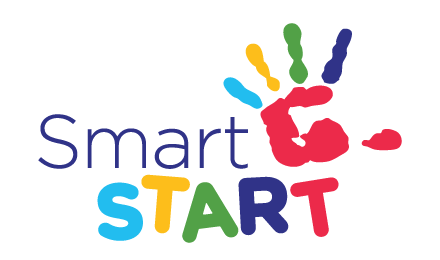This number could hold your kids back for the rest of their lives
By Harold Mitchell. Originally published in the Sydney Morning Herald.
It’s two years since I wrote about the educational opportunity for Australia contained in a report by the Mitchell Institute: a specialist education research facility at Victoria University which I am happy to support.
Its key findings were devastating. It reported that a quarter of all Australians miss out on key education milestones: they are not prepared for school when they arrive, they do not meet minimum literacy and numeracy levels in year 7, they do not finish year 12 by age 19, and they are not working or studying full time by age 24.
Life for these kids is an unfolding disaster.
Now the institute has released even more startling information about what is required for a world standard education system. It’s what Gonski funding is trying to compensate for, but just throwing money at a problem rarely fixes it.
“Unless it’s a Jimmy Choo shoe,” says Louise.
The latest research makes it clear that our most critical learning capacities develop before children even start school. If we don’t get appropriate learning at that time, we are behind for the rest of our lives.
Language is the foundation for almost everything, but many Australian children are not getting what they need in their early childhood. The research shows that language skills are first formed through verbal engagement and if the young child is exposed to less than an average of 11 words per minute during their waking hours, they will struggle to catch up for the rest of their lives.
Many regular readers enjoy time with their kids and grandchildren and they are doing an immensely valuable service by just chatting away with them, but the Mitchell Institute has found that our education expenditure of $9 billion is being largely wasted because much of our early childhood development system is low quality.
I applaud mothers who work and send their kids to childcare and kindergarten. It can’t be easy. Two young women I know with children under 18 months perform demanding jobs during the day with minimal sleep at night just so their children can get a good start in life. But they are likely to be disappointed down the track if their childcare is low standard.
Everyone is trying to do their best and everyone wants us to build a better country with smarter kids. But that is only possible if the educational foundations are properly laid. We tend to restrict our thinking about improved performance by assessing the system as it is and not question the system itself. The Mitchell Institute makes it clear that our education system needs to recognise and include early childhood development as essential.
We also need to take the professional development of our teachers, at all levels, much more seriously.
Most of us remember the teachers who had a big impact on our lives. Mine were the spinster sisters Miss Craig and Miss Craig.
One taught English and the other, my favourite, taught mathematics, and one of her tests left me with a lifelong fear of failure. I scored 96/100 and I’m still cranky about those four lost marks because I knew the answer but had a brain fade and missed out on the perfect score.
“You could have been a somebody,” says Charlie.
The other great teacher was Mr Potter who had an incredible work ethic. He was always the first to arrive at school and the last to leave. Then, over the long hot summer holidays, he worked on a wheat farm in the Wimmera.
But his greatest achievement was to produce a giant killing under 13 footy team from a bunch of poor, small town kids.
He taught us to kick with both feet in 1956, and do something called handball. He also stamped us with an “all for one and one for all” ethic. It was my first lesson about champion teams beating teams of champions. Our day of glory came when our team of state school ruffians beat the upper-class kids from the private school in Geelong that Prince Charles later attended.
The moral to this story is that we need to know what really matters if we want to succeed.
In education this means that we need inspiring high quality professional educators at every level and we need them engaged with children much earlier.
Our international rankings in education keep slipping and we must make sure the cash that flows from the Gonski reports achieves what we are all hoping for: smart and successful new generations of Australians where no one is left behind.
But to achieve this we must open our minds to the critical importance of high quality early childhood development.
Right now, we are failing our kids. Not good enough.
